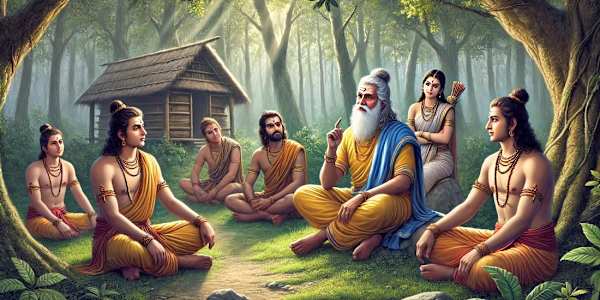Blog
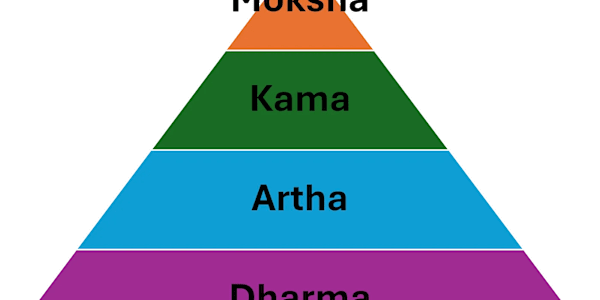
Understanding the Purusharthas
The Purpose of Human Life
In Hindu philosophy, Purushartha refers to the essential ‘purposes’ or ‘goals’ of human life. The term itself combines two words: “Purusha”, meaning “human” or “soul,” and “Artha”, meaning “purpose” or “goal.” Together, they signify the aims or pursuits that guide our existence on earth.
Unlike other living beings, humans are considered capable of conscious growth and self-realization. So, why are we here as humans and not as animals,...
Mahabali and Vamana
Unveiling the Truth Behind the Myth and Reality
Among the most misinterpreted figures in Hindu mythology is Mahabali, also known as Bali Chakravarthy, and his interaction with the Vamana Avatara (incarnation) of Bhagavan Maha Vishnu. The narrative of Mahabali is richly described in the Srimad Bhagavatam (Canto 8, Chapters 15–23). This account showcases how the arrogance of a powerful king was quelled by Maha Vishnu, one of the Trimurti (Hindu Trinity). Let us explore the...
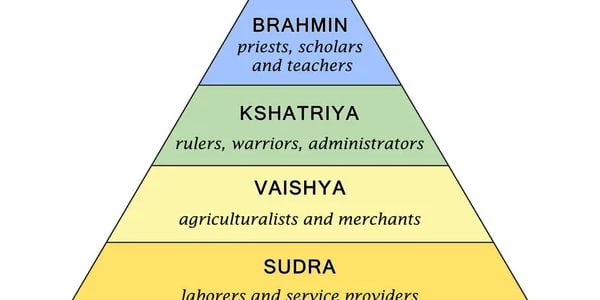
GUNAS AND THEIR INFLUENCE ON HUMAN NATURE
According to Hindu Shastras, human nature is defined by three fundamental qualities or attributes known as the Gunas: Sattva, Rajas, and Tamas. Every individual possesses these three gunas in varying proportions, and the specific blend of these qualities shapes a person’s nature and characteristics.
Sattva represents purity and harmony, Rajas stands for activity and passion, and Tamas signifies darkness and inertia. These gunas influence the...

WHY DOES LORD BRAHMA HAVE FOUR HEADS ?
Indian philosophy is rife with mythology. Most of the innumerable ‘gods’ in the Indian Mythology are symbolic and indicate a deep-rooted philosophy which defies comprehension by the ordinary folk. Hence many of the gods in Indian mythology are given very bizarre forms and incarnations. You will find that Lord Ganesha who is depicted as the remover of all obstacles has been given the head of an elephant. Similarly, Lord Brahma has been given four heads....

How I Manage by Wandering Around
Hi folks!
This again is a post from a decade ago when I was the Medical Director in a multispecialty hospital in Calicut in the little state of Kerala in India.
Yes, we had started a New Year, and it was the time to make resolutions and stick to them. Of course, that was always the difficult part. Making new year resolutions is very easy, the difficult part is following them diligently.
For the past year I had been taking "rounds", not medical, but...
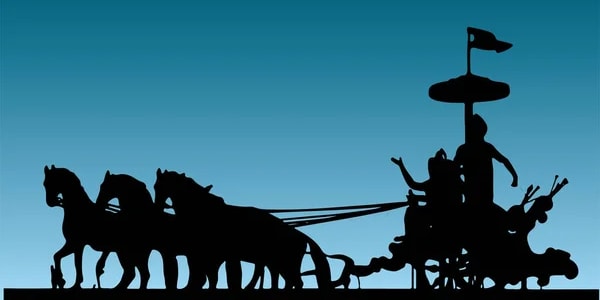
Management Concepts in Bhagavad Geeta
Hi friends,
There are many precepts in Bhagavad Geeta, which is not a Holy Book for the Hindus alone but is a book of concentrated wisdom handed down the ages from the ancient seers in India. Going through the Geeta one feels that it incorporates Applied Psychology, Applied Management and Applied Lifestyle. The Geeta speaks about not only all these but also about the food that we eat and the effect it can have on our character and behavior and over ages...
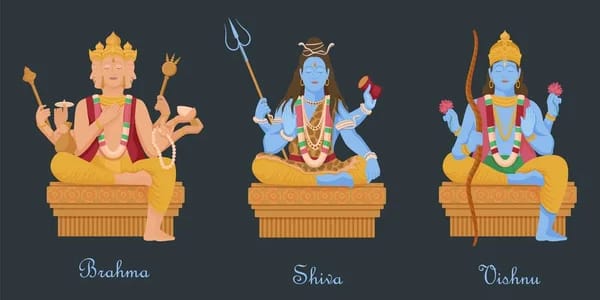
GODS AND MANAGEMENT FUNCTIONS IN HINDU MYTHOLOGY
Hi Friends,
Government is defined as “a particular system used for controlling a country” or “the process or manner of controlling a country state etc.” (Merriam Webster Dictionary). But can we see the government? No - definitely not. It is necessary for proper management of day-to-day affairs of the state. But we feel the presence of a government through the Ministers, Administrators, Judiciary, the Army up to the lowest functionary like the...

Stress Management in Bhagavad Gita
Hi Friends
Studying the Bhagavad Gita gives us an in-depth insight into the multifarious aspects of life that have been included in the discussion. Very many suggestions and principles from the Gita can be incorporated into management in organizations and will help managers to pursue their day-to-day activities.
Let us briefly see what the Bhagavad Gita has to say about Stress Management for the manager in any organization.
The verse 2:38 which runs thus, “...
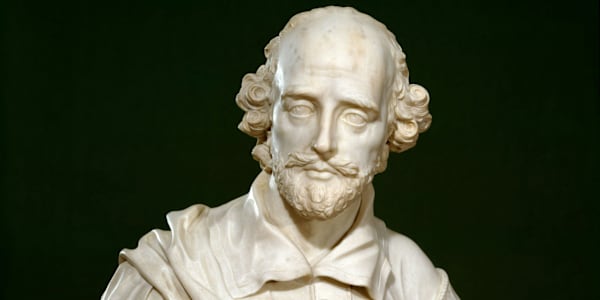
Shakespeare and Medical Science
Hi Friends,
Medicine and literature have always been connected over the ages. William Shakespeare (1564-1616) is no exception. There are plenty of references to medicine and diseases in the works of Shakespeare. The knowledge which Shakespeare has of medical conditions is much more than is expected of a common man. This is attributed to his association with practitioners of his time and reading of contemporary texts in medicine. Also his son in law Dr John...
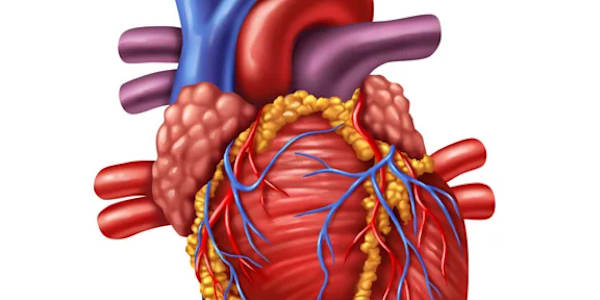
Family history and Cardiovascular Disease
Hi Friends,
Many a time, the sons or daughters of patients of mine ask me, “Doctor, my father had a heart attack at this age of 55 years. So, will I be at a risk of getting a heart attack?” This is a very relevant question.
Others have asked, “My mother and father have high blood pressure, is there a chance for me to get high BP?”
Still another disease about which questions arise is Diabetes mellitus. “Will I get Diabetes as my two brothers and one...

Microbes in the Human Gut-Human Behavior and The Bhagavad Gita
Hi Friends,
The human brain is one of the most complex structures in the whole universe. The human gut, which is an equally complex organ, is populated with trillions of microbes which are useful and live a symbiotic existence with us. These are collectively called as the “Microbiota”. These microbes are nourished by the food we consume while they in turn help us in a variety of ways including optimal brain development and...
